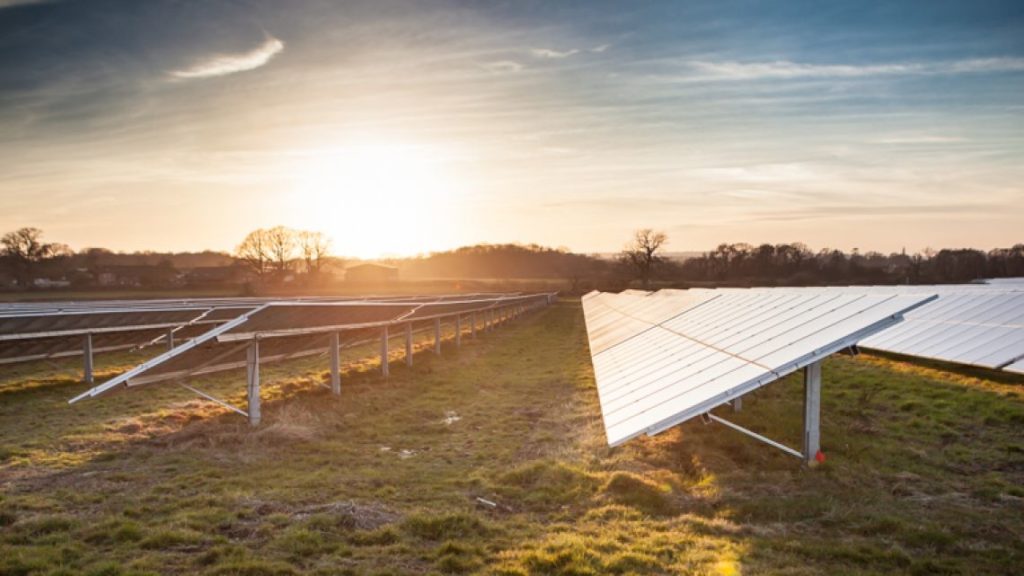Ireland gets closer to starting large-scale solar ambitions
25 Mar 2020
UPDATE: Shortly after this blog was published, the deadline for applications for the Renewable Electricity Support Scheme was pushed back until 30 April 2020 in light of the ongoing COVID-19 outbreak. The text below has been amended to reflect the new date.

Applications for the long-awaited Renewable Electricity Support Scheme (RESS) opened in the Republic of Ireland on 9 March 2020 and will be open until 30 April 2020.
The total pipeline of projects in the Republic of Ireland has now reached nearly 6.9GW and, after years of uncertainty, there are approximately 1.3GW of projects eligible to participate in the first round auction. The successful projects will then be part of the first phase of ground-mounted solar construction in the Republic of Ireland.
This article discusses projects that make up this pipeline and the opportunity for solar deployment in Ireland in the coming years. The data presented is taken from the March edition of the Republic of Ireland Solar PV Opportunity Tracker Report. Details on how to access the report can be found through the link here.
Our in-house market research team has been tracking the Irish solar PV market since 2016 when the initial subsidy announcements were made. Throughout 2015 and 2016, planning and grid applications were submitted for solar farms and the pipeline of projects began to grow rapidly.
We saw lots of familiar names from the UK solar industry entering the market, and also wind developers with experience of developing projects in Ireland in addition, other Irish companies who saw solar as an opportunity started to submit projects.
However, four years on and we are just seeing the beginning of the RESS and it is thought that construction will begin on successful projects in later 2020 or early 2021.
In the initial phase of applications, the first step was to submit a grid application; delays with processing applications meant that queues formed for the busiest substations. The anticipation of the potential subsidy meant that many speculative applications were submitted that didn’t go on to a full planning application.
In an effort to reduce queues and spread grid upgrade costs, ESB introduced the Enduring Connection Policy (ECP) which aims to process applications in batches in order to plan the capacity better. Projects applying for a grid connection under the ECP must have planning permission in order to reduce the number of speculative projects.
Initially it was assumed that projects participating in the RESS would need both planning permission and a grid connection contract, this was confirmed in the RESS terms and conditions. The chart below shows planning applications by year; we can see a large number being submitted in 2016 and 2017, dropping significantly in 2018 and 2019.
< Back
